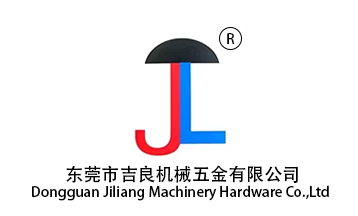The company engages in material selection, surface treatment and coating application for custom rivets to carry out corrosion resistance.
Selection of Materials: Choosing corrosion-resistant materials is the first step towards durability. Materials such as stainless steel, titanium alloys, and aluminum alloys are widely used. This alloys of, stainless steel contain chromium forms a protective oxide film on its surface, prevents further oxidation and corrosion. At a high strength and suitable corrosion resistance, titanium alloys are formed for extreme environments. Some alloys of aluminum are alloyed with other elements to improve their resistance to corrosion.
Coating: Through procedures such as electroplating, electroless plating or anodization, a thin layer is applied onto the rivet surface to protect it. For example, anodization is most effective for aluminum alloys in corrosive environments, whereas cadmium or zinc plating is effective against corrosion.
Anti-corrosive Coating: The surface of the rivet is coated with anti-corrosive coatings, such as epoxy resin or polyurethane, which can aim to isolate the rivet from the medium from corroding its surface, which can greatly extend the service life of the rivet.
Environmental Adaptive Design: Design of the rivets is technology combination dependent based on the specific environmental conditions. Marine settings, for example, require greater corrosion resistance and may use multiple protective barriers to achieve performance over time.
Submit for an Online Quote:
Send us (sale802@jiliang988.com) the completed form along with your drawing, and we’ll provide you with a fast and competitive quote.
If you have any questions or need assistance, feel free to contact us. We’re here to help!

 Language
Language








